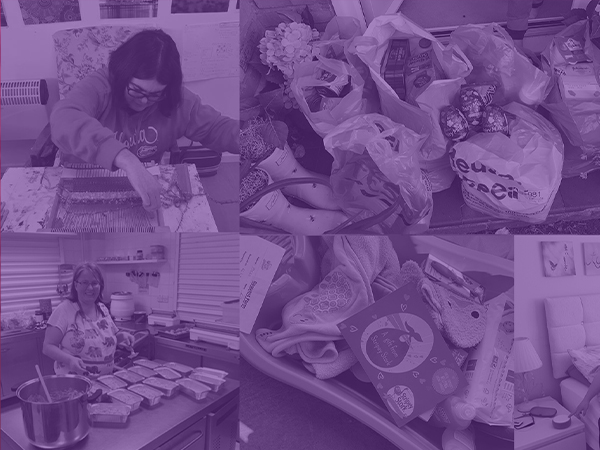Coronavirus
Response Fund
Please note, we are no longer accepting applications into our Coronavirus Response Fund.
We have an exciting new grants programme to assist charities and voluntary groups supporting local residents and communities to cope, and find a long-term and sustainable pathway to recovery following the pandemic.
We have built our Surrey Community Fund which allows us, using our local knowledge and expertise, to get the funds to where the need is greatest quickly and efficiently.
Case Studies
A big thank you to our Donors and Partners















Response Fund grants awarded by Borough
NEW REPORT
Surrey Coronavirus Response Fund
Our support for Surrey, delivered together
Our new report celebrates the resilience of Surrey’s voluntary sector and its generous local residents, businesses, councils and partners that have come together and enabled over
£2.7 million of vital funding to be distributed to those working on the frontlines during months of challenges and uncertainty.
Read more about our report here!
As we move into a period where restrictions are being gradually lifted there is a sense that life will start to move back towards normality. However, for many, the impact of the pandemic will continue for some considerable time to come.
We have built our Surrey Community Fund which allows us, using our local knowledge and expertise, to get the funds to where the need is greatest quickly and efficiently.

Latest News and Events
Data and Insights
Follow us
Join us
Follow us on Facebook, Twitter and LinkedIn
Subscribe for updates
Would you like to receive our email newsletters? We are refreshing our contact lists to ensure that consent is correctly captured as part of new GDPR regulations, so if you previously received our emails, you’ll need to opt-in again. Please click here to subscribe and find out more about the types of email communications we send.









